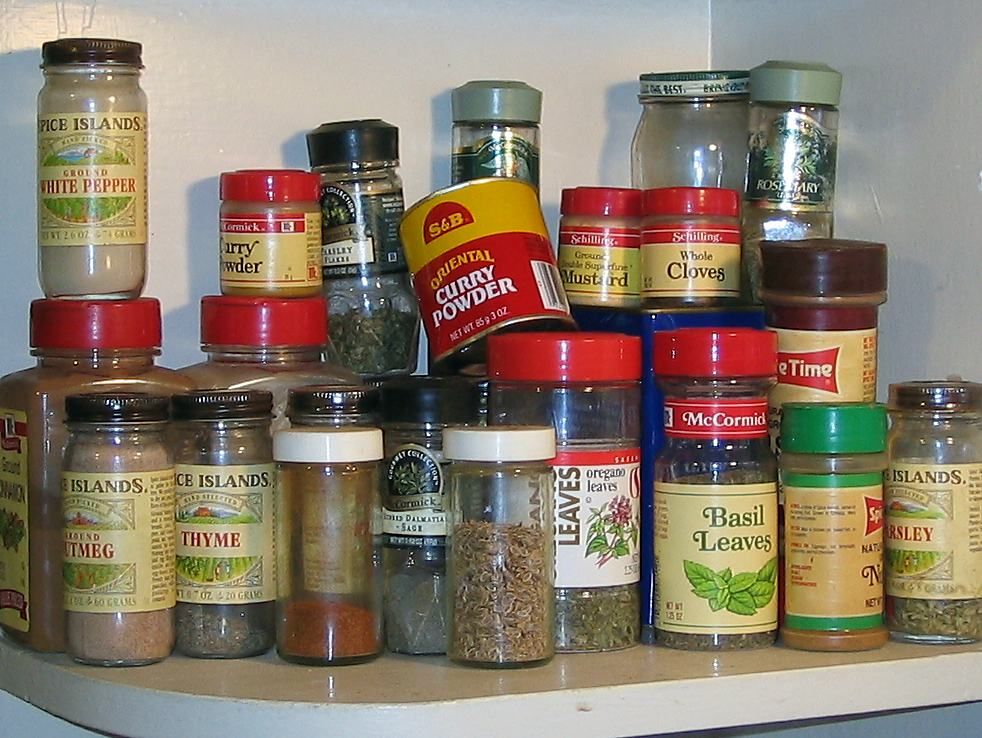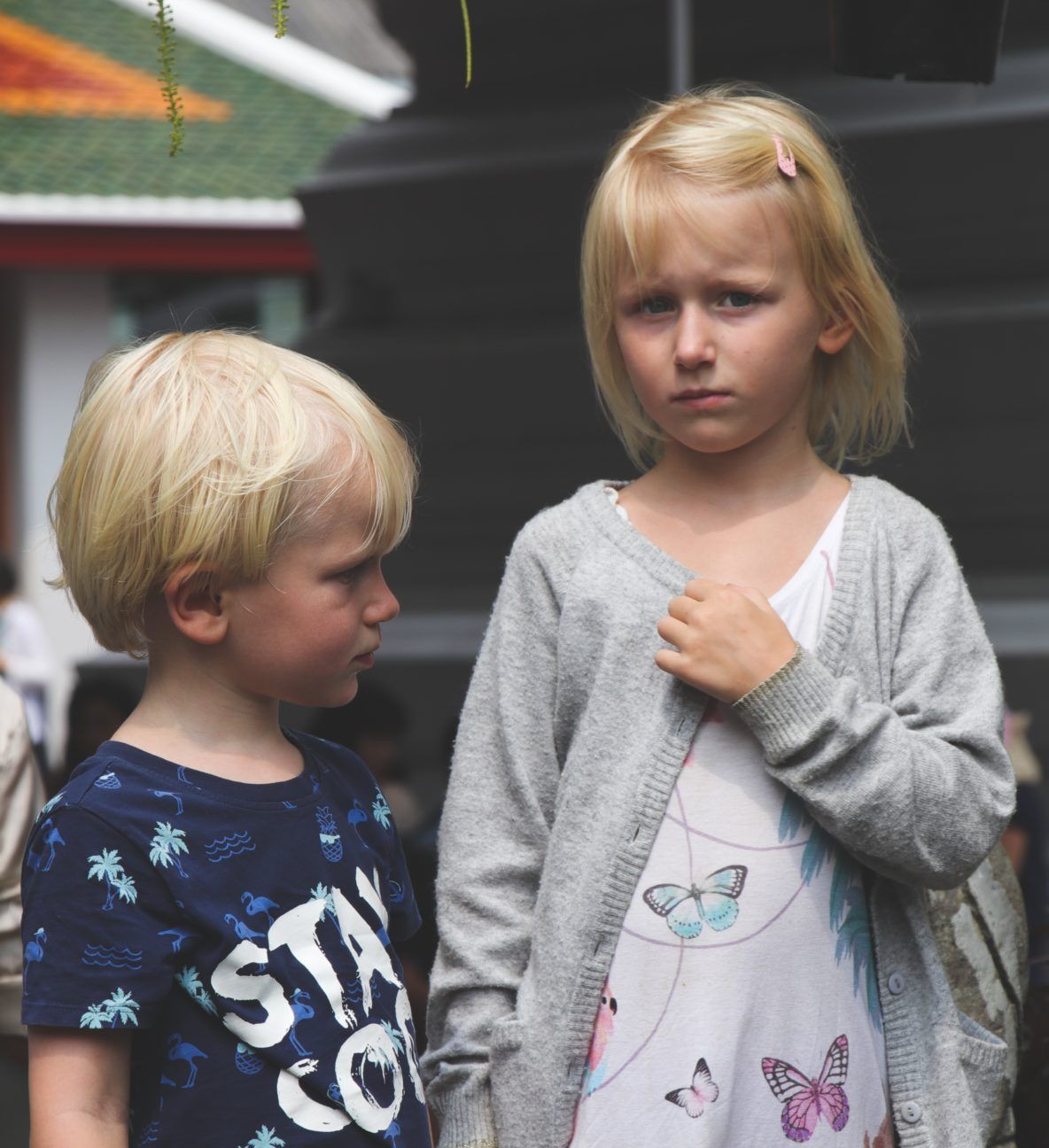“Three Things I Learned in Prison”
I’ve learned a lot from my time behind bars. No, not as an inmate…as a volunteer. For the past three years, I’ve worked with VIPS (Volunteers in the Prison System). Our team is composed of ladies from several Houston area Churches of Christ. We teach classes at Plane State Jail in Dayton, Texas on everything from recovery to character.
The prisioners aren’t the only ones who benefit from our interaction. I’ve learned some valuable lessons, as well. I’d like to share a few of them with you.
1. God gives second chances.
I’ve witnessed inmates, who were formerly enemies to themselves, their families, and society, give up long-standing, harmful habits and lifestyles to follow Christ. They are proof that as long as blood is running through our veins and we are in our right minds, we can follow Paul’s example—“…forgetting the things which are behind, and stretching forward to the things which are before. I press on toward the goal unto the prize of the high calling of God in Christ Jesus.” (Philippians 3:13,14 ASV)
2. God will bring us to our knees.
Many of the inmates at Plane State are repeat offenders. They’ve had numerous opportunities to change their lives, yet have persisted in their old ways. Before transformation can take place, the hardened criminal often has to hit rock bottom. And not just rock bottom, completely bottomed out—upside down, topsy-turvy.
Inmates share stories of losing their husbands, health, homes, jobs, and even their children. We’ve prayed with ladies who’ve have had their custody rights temporarily, and in some cases permanently relinquished by the state.
How much does one have to lose before they give up a life of sin?
This question brings to mind a game my friends and I played as kids. One of us would bend the other’s thumb back until they cried, “Uncle!” The challenge was seeing if you could handle the pain without submitting to the command. It never worked for me. I said, “Uncle!” as soon as my thumb went backwards. But other kids could endure the pain until their thumb turned shades of red and then white.
Just like in the game of “Uncle,” some of us have really high pain tolerances and it takes a lot to get our attention. Rock bottom for one is not necessarily rock bottom for another. Because God loves us, He does what’s necessary to save our souls. This includes, giving us a ticket to the deepest recesses of agony, where our soul cries desperately for Him.
I can’t imagine being brought lower than a Texas prison cell with no heat in the winter and no AC in the summer.
My prayer is that my stubbornness will never require God to bring me to my knees.
3. God gave us resilient spirits.
Beyonce sings, “I’m a survivor. I’m not gon’ give up, I’m not gon’ stop. I’m gon’ work harder. I’m a survivor. I’m gonna make it.”
I’ve met some real survivors in prison. Women who’ve battled major obstacles since birth: poverty, single parent homes, drug and crime infested neighborhoods, inferior schools, and parents incarcerated. They’ve been molested, abused, and trafficked for someone’s perverse pleasure. As a result, they’ve spent their lives searching for love, moving from one destructive relationship to the next.
These inmates were left empty, hungry, barely hanging on, yet not destroyed. They survived because God gives each of us the ability to rebound no matter how difficult things are. No matter how low we’ve traveled, God can remake us into his daughters or sons as Paul mentions in II Corinthians, 5:17, “Wherefore if any man is in Christ, he is a new creature: the old things are passed away; behold, they are become new.”
The Lord will bring us back to life, if we let Him, and He can do it anywhere, even from behind prison walls.
Copyright 2011 by Dwan Reed. All rights reserved.


